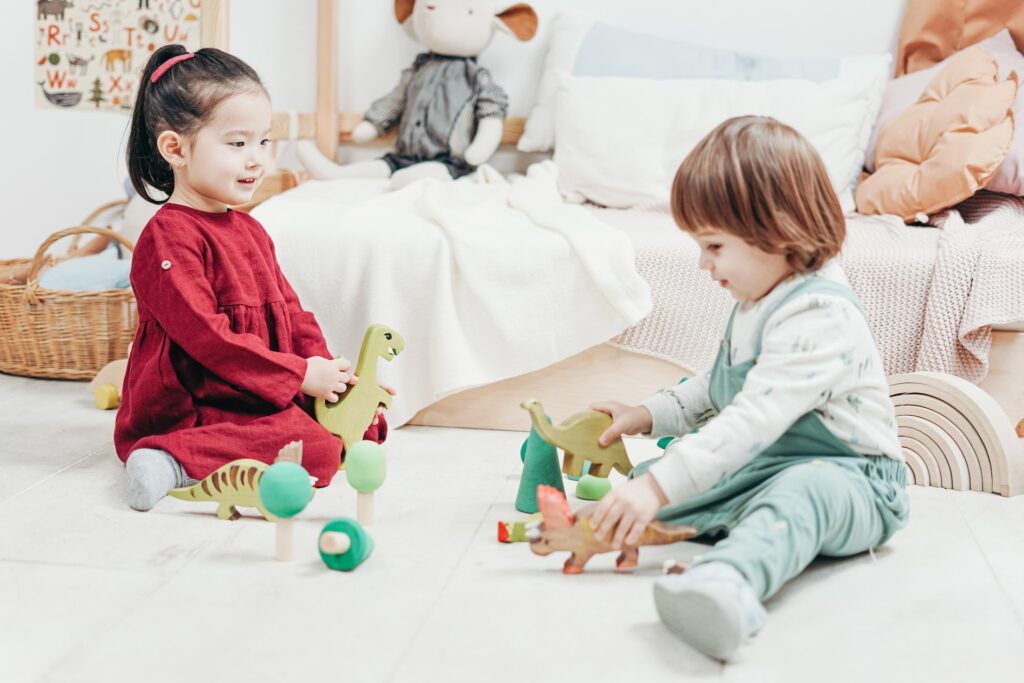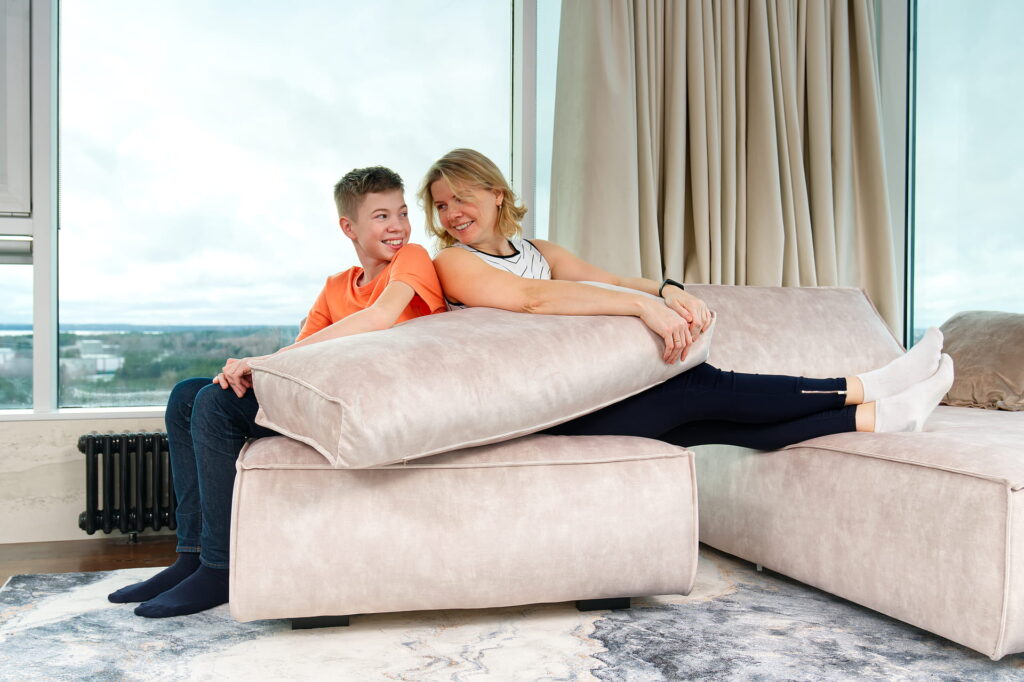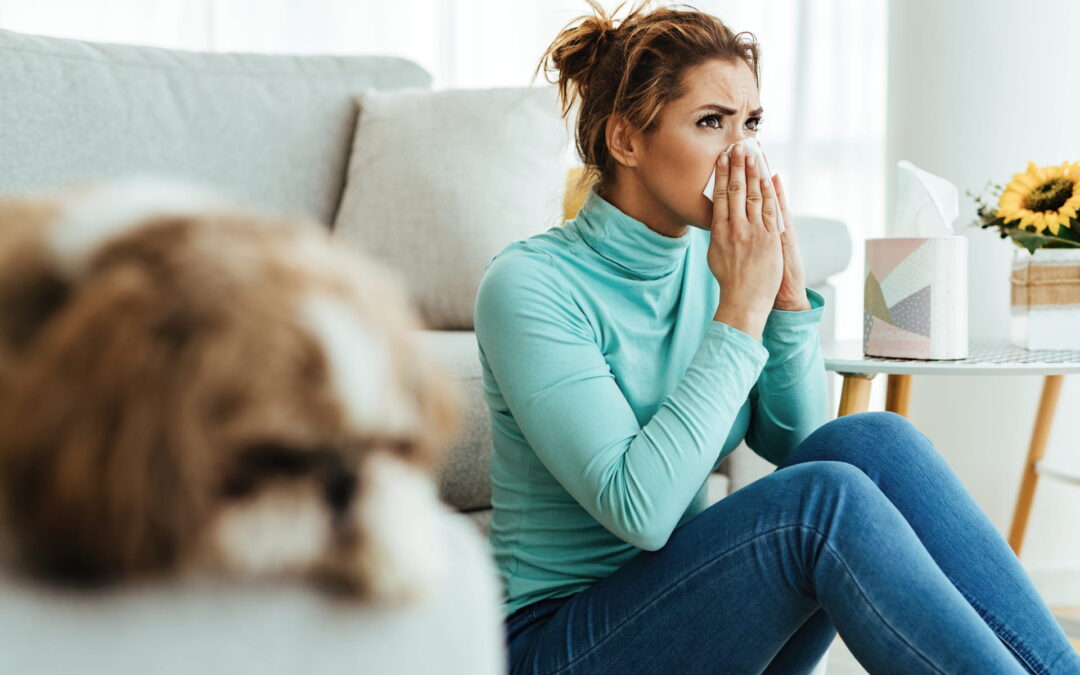Allergens trapped in carpets frequently create persistent health issues for home and business owners striving to maintain clean indoor environments. Professional carpet cleaning services significantly reduce allergen exposure, fostering healthier and safer spaces for families and employees. Covington Carpet Cleaning Co. highlights, “Routine professional carpet cleaning dramatically lowers allergens, improving air quality and comfort.” Learning the specific cleaning techniques employed helps property owners better understand the value of expert carpet care.
1. Deep Steam Cleaning for Allergen Removal
Deep steam cleaning, professionally known as hot water extraction, effectively penetrates carpet fibers to loosen and extract embedded allergens thoroughly. Technicians inject heated water combined with carefully selected cleaning agents into carpets, efficiently breaking down allergens. For instance, one family noted a substantial reduction in allergy symptoms after a single professional deep steam cleaning session. The EPA confirms steam cleaning successfully removes up to 98% of typical household allergens.
- Efficiently removes dust mites
- Thoroughly reduces pet dander
- Dramatically decreases pollen levels
2. Professional HEPA Vacuuming
Carpet cleaning specialists utilize vacuums equipped with High-Efficiency Particulate Air (HEPA) filters to capture minute allergen particles overlooked by standard vacuums. HEPA technology captures particles as small as 0.3 microns, considerably enhancing indoor air quality. Homeowners frequently report noticeable improvements in breathing comfort after professional HEPA vacuuming. According to the U.S. Department of Energy, HEPA vacuums trap approximately 99.97% of airborne contaminants.
- Captures tiny dust particles
- Significantly reduces airborne pollutants
- Enhances overall air freshness
3. Eco-Conscious Cleaning Solutions
Expert carpet cleaners commonly select environmentally safe, allergen-free cleaning products to prevent chemical-related irritations. These cleaning agents are mild yet extremely effective, ensuring carpets stay allergen-free without harsh chemical residues. Individuals sensitive to traditional chemical cleaners regularly experience relief with this gentler approach. The CDC recommends eco-conscious products, especially in households prone to allergies.
- Decreases chemical irritants
- Protects sensitive occupants
- Provides safer carpet surfaces

4. Powerful Suction Equipment for Deep Allergen Removal
High-powered suction equipment used by professional carpet cleaners extracts allergens lodged deeply within carpet fibers. Such powerful extraction significantly reduces dirt, dust, and allergen accumulation beyond the capabilities of regular cleaning equipment. One local business owner noticed visibly fresher carpets and improved indoor air quality after employing professional cleaning services. OSHA emphasizes the necessity of robust extraction tools to maintain healthier indoor environments.
- Removes deeply embedded dirt
- Minimizes allergen accumulation
- Ensures superior cleanliness
5. Specialized Anti-Allergen Treatments
Following the cleaning process, carpet cleaning experts frequently apply specialized anti-allergen treatments. These treatments form a protective barrier that effectively neutralizes allergen proteins, significantly reducing future allergen exposure. Commercial establishments, especially those with heavy foot traffic, benefit greatly from these protective treatments. Research from allergy associations supports the long-term benefits of these anti-allergen applications.
- Neutralizes harmful allergen proteins
- Offers extended allergen protection
- Ideal for high-usage areas
6. Rapid Drying Methods Prevent Mold Growth
Professionally implemented rapid drying methods significantly lower the risk of mold and mildew, which are common allergy triggers. Quick-drying within 24-48 hours is essential to prevent mold spores from forming allergens. Many property owners report fewer mold-related allergy symptoms after using rapid drying techniques. The EPA strongly advises rapid drying practices to reduce mold-related health hazards.
- Reduces risk of mold and mildew
- Lowers humidity-associated allergens
- Promotes a safer indoor environment
7. Thorough Upholstery Cleaning
Cleaning upholstery simultaneously with carpets is vital because furniture fabrics often harbor allergens that can reinfect cleaned carpets. Allergens in upholstery frequently contribute to ongoing allergy symptoms if left untreated. Homeowners consistently notice improved health after professional upholstery cleaning accompanies carpet cleaning. Health guidelines recommend upholstery cleaning every 12-18 months to control indoor allergen levels effectively.
- Removes allergens from upholstery
- Prevents carpet re-contamination
- Promotes comprehensive allergen reduction

Key Takeaways for Successful Allergen Management
- Deep steam cleaning effectively reaches carpet fibers.
- HEPA vacuuming dramatically enhances indoor air quality.
- Environmentally safe cleaners protect sensitive individuals.
- Powerful suction tools effectively remove embedded allergens.
- Anti-allergen treatments provide lasting protection.
- Quick-drying techniques significantly reduce mold hazards.
- Regular upholstery cleaning supports thorough allergen control.
Frequently Asked Questions on Carpet Cleaning and Allergens
Can professional carpet cleaning fully eliminate allergens? Professional cleaning significantly lowers allergen levels, greatly improving indoor air quality and reducing symptoms of allergies.
Is steam cleaning preferable to dry cleaning for allergy sufferers? Yes, steam cleaning typically provides deeper allergen removal, making it the preferred method for reducing allergen exposure.
How often should carpets be professionally cleaned to reduce allergens? Carpets should be professionally cleaned every 6 to 12 months, depending on traffic levels and individual allergy sensitivities.
What indicates successful allergen reduction after carpet cleaning? Fewer allergy symptoms, better breathing comfort, and reduced allergic reactions indicate successful allergen removal.
Does cleaning upholstery significantly affect allergen control? Absolutely, upholstery cleaning is essential as allergens trapped in fabrics can quickly reintroduce contaminants into carpets.











